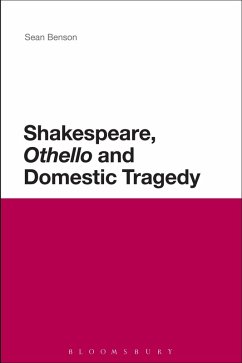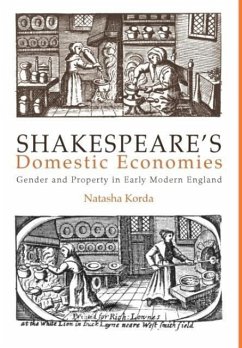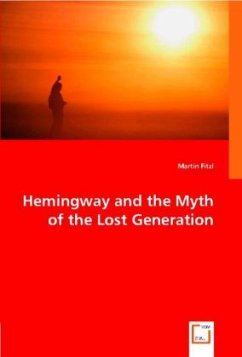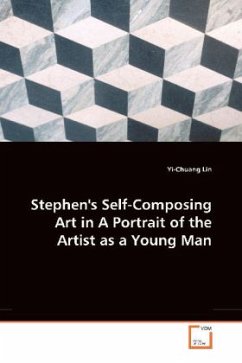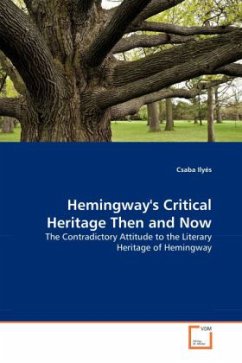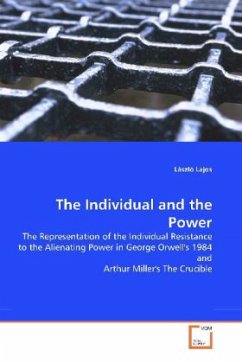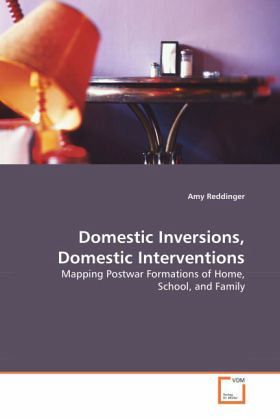
Domestic Inversions, Domestic Interventions
Mapping Postwar Formations of Home, School, and Family
Versandkostenfrei!
Versandfertig in 6-10 Tagen
45,99 €
inkl. MwSt.

PAYBACK Punkte
23 °P sammeln!
Domestic Inversions seeks to intervene in a tradition of feminist historical and literary scholarship that tends to limit studies of postwar American "domesticity" to a white, middle-class suburban formation. In expanding our understanding of home, family and challenging notions of public and private we are then able to consider the importance of domesticity as a critical discursive field in which the negotiation of identity takes place. In the postwar moment subversive, self-conscious, parodic and even genuine attempts at some kind of "domestic life" are played out in a diversity of terrains ...
Domestic Inversions seeks to intervene in a tradition of feminist historical and literary scholarship that tends to limit studies of postwar American "domesticity" to a white, middle-class suburban formation. In expanding our understanding of home, family and challenging notions of public and private we are then able to consider the importance of domesticity as a critical discursive field in which the negotiation of identity takes place. In the postwar moment subversive, self-conscious, parodic and even genuine attempts at some kind of "domestic life" are played out in a diversity of terrains by a range of actors often seeking refuge, representation and even dis-identification with traditional postwar domestic life. This text looks at four specific sites -- the wartime Pacific as imagined in postwar fiction, post-statehood Hawaii, the US academy's pedagogy and mythos of basic writers, and James Baldwin's imagined 1950s urban/transnational topos -- to consider the ways in which these various imaginings of life at home must be read as provocative and important engagements with racial and gendered national identities.



